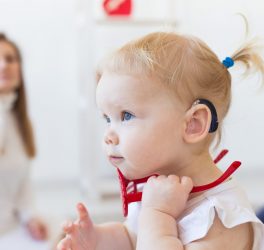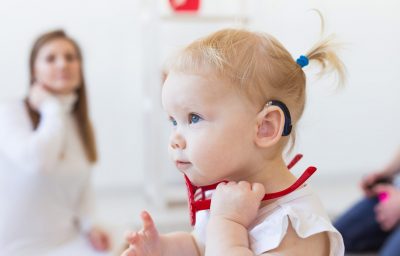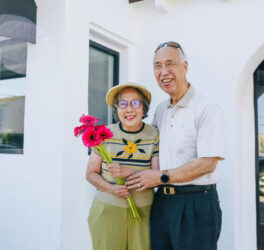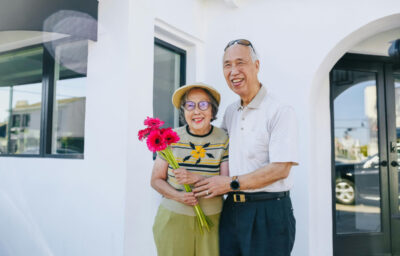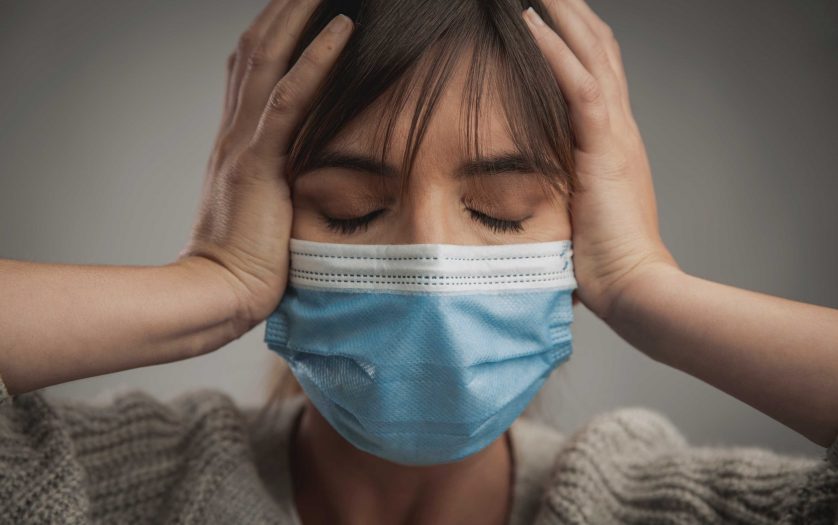
A new study led by Simon Fraser University’s Gerontology Research Centre has found that female informal caregivers who provide intensive care at home experienced higher levels of depression and anxiety during the COVID-19 pandemic, and suggests more support is needed.
The study, among the first to examine the mental health of informal caregivers over time, was recently published in The Journals of Gerontology: Series B.
Researchers surveyed 14,118 caregivers drawn from the full Canadian Longitudinal Study on Aging COVID-19 study conducted over the first year of the pandemic, from April to December 2020. The CLSA is a national study that includes both pre-pandemic and peri-pandemic data on participants, which provided a window for researchers to compare their responses during the pandemic with data collected from previous surveys carried out between 2011 and 2018 on the same individuals.
Informal caregivers are typically family or friends who provide unpaid care for a relative or friend with an illness, disability or other condition. Those who reported feeling unable to provide care and dedicated more hours to caregiving duties reported more depressive symptoms and anxiety.
Individuals caring for a loved one within the home also reported experiencing more depression and anxiety compared to those caring for a loved one in a healthcare institution, including long-term-care homes, and more anxiety than those who cared for someone in another household.
Female caregivers reported greater depressive symptoms and anxiety while male caregivers exhibited a greater increase in symptoms of depression and anxiety over time. Researchers suggest that this pattern could be due to greater resilience among female caregivers during the pandemic through prior caregiving experience and better coping processes.
SFU gerontology professor Andrew Wister says the research highlights the need for approaches that support informal caregivers and help them alleviate mental health impacts and build resiliency, such as online support groups, counselling services, and financial aid.
“The pandemic has drawn attention to unequal gender roles as women are often expected to take on the additional workload of caring for the household and family,” says Wister, study lead and centre director. “More needs to be done to address these systemic issues, including workplace support and increasing community resources.”

